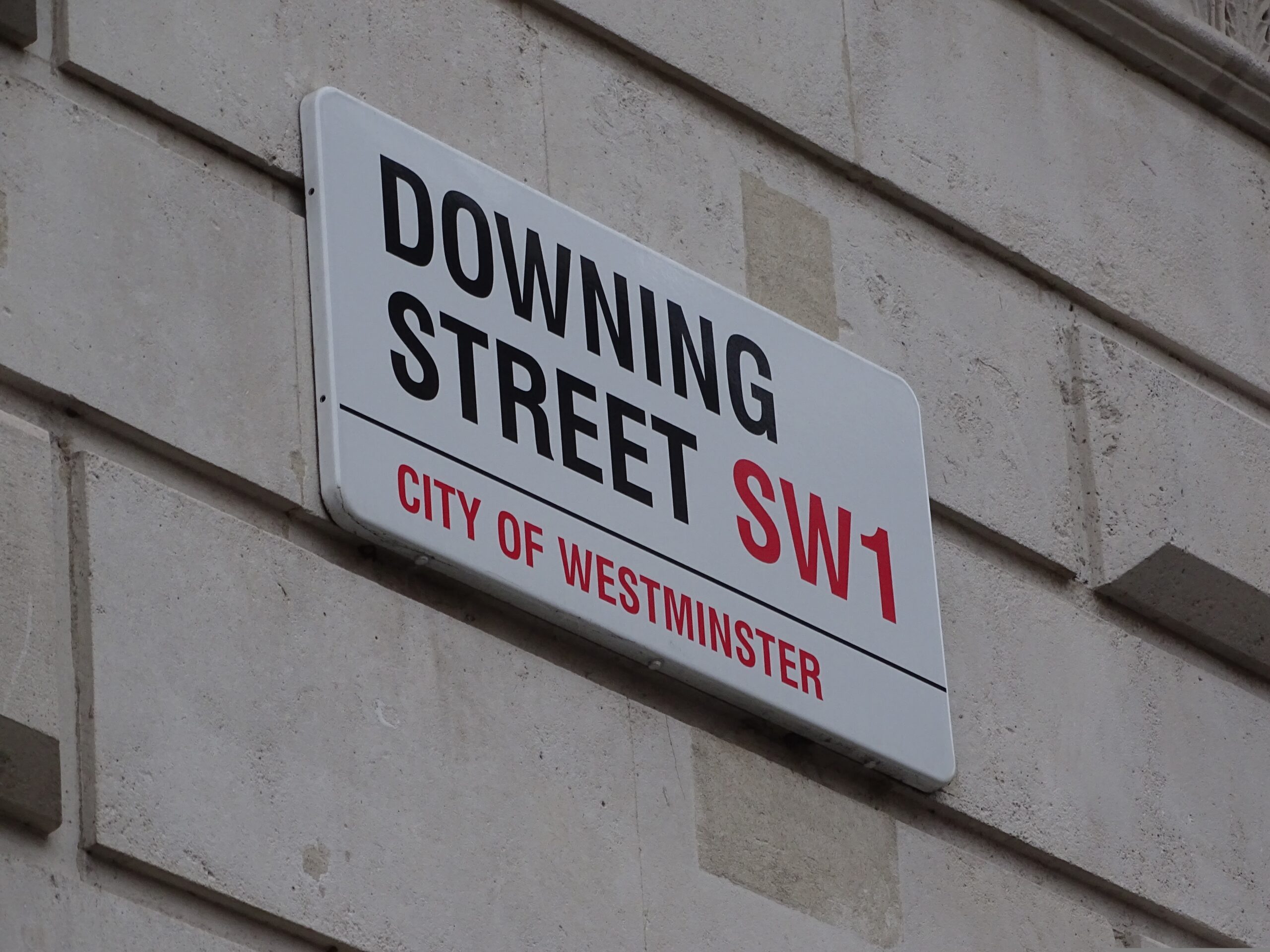Jo Platt rebukes government for its ‘latest costly digital failure’
Credit: UK Parliament/ CC BY 3.0
The shadow minister for the Cabinet Office has claimed that spinning out the GOV.UK Verify platform to the private sector represents an abdication of the government’s cybersecurity responsibilities.
Jo Platt (pictured above), the Labour MP for Leigh, said that, as channel shift continues, it is incumbent on government to ensure citizens have secure access to digital services.
“At a time when public services are increasingly dependent on online access, it is deeply concerning that the government is abandoning its responsibility to provide a secure and effective digital identification service,” she said.
Verify currently has close to three million registered users – a long way short of the target, set out by the government in last year’s Digital Strategy, of 25 million registrations by 2020.
Related content
- Digital-identity policy function shifted from GDS to DCMS
- ‘It would be ludicrous to make digital policy in a way that wasn’t digital’ – Labour MP’s crowdsourced plan for the UK’s technology future
- GDS seeks external developers for project to increase Verify adoption
Platt criticised Verify’s lack of uptake – particularly when set against the time and money devoted to the development of the product.
“After spending six years and £130m developing the system, ministers have failed to attract the promised number of users, failed to convince their own departments to register, and failed to create a system that actually works,” she said. “This latest costly digital failure is yet more proof that the Conservatives are unfit to meet the challenge of delivering modern government.”
Earlier this week, minister for implementation Oliver Dowden announced that the government would be handing responsibility Verify over to the private sector. Five of the platform’s existing line-up of seven commercial partners – Barclays, Digidentity, Experian, Post Office, and SecureIdentity – have signed 18-month contracts to work with the government on developing and supporting the service. The resources dedicated to these deals will be the last committed by the government to Verify.
The other two existing commercial identity providers, CitizenSafe and Royal Mail, have not signed support contracts.



